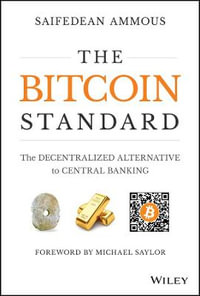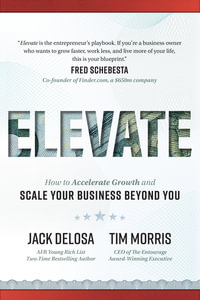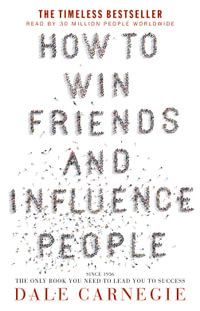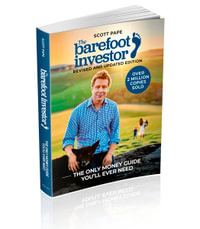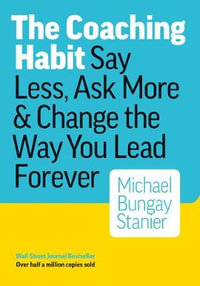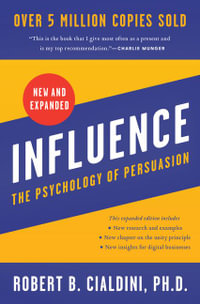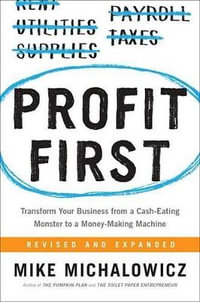Written by a team of international experts from Accenture Strategy, Zero-Based Mindset reveals a unique framework for improving efficiency, innovation and agility in your business.
Zero-Based Mindset: The Key to Strategic Growth, Innovation and Competitive Advantage is a unique framework for improving competitive agility in business by enabling companies to cut costs while becoming more and more efficient, competitive and innovative.
Aimed at senior managers and leaders looking for a strategic, analytical approach to continually optimising their organisation, the book looks at four key areas of improvement; expenditure, talent management and human resources, front office (including marketing, sales and customer service and supply chain.
In Zero-Based Mindset, Accenture Strategy shares a broad range of first-person, behind-the-scenes case studies to demonstrate how to build forensic insight into spending in order to channel savings into new sources of innovation to fuel growth and competitiveness.
This book will show you how to create the changes in your company that will help you aim high, move fast and excel whilst fostering a culture that supports this approach.
Industry Reviews
The Big Zero catapults innovation to a new level - and the timing couldn't be better. In my teaching at Harvard, I've found the biggest challenge for senior-most executives is steadily protecting and improving current business models, while pursuing the break-thru innovation that leads to new levels of value creation. Kris Timmermans elevates the well-proven strategy of Zero-Based Budgeting by expanding its dimensions and illuminating a new path forward for leaders who are not only looking to increase efficiency, but also striving to invest smartly in growth. The Big Zero is required reading for executives in all sectors that want to survive and thrive in this turbulent world -- Dr. Antonio M. Oftelie, Fellow * Harvard John A. Paulson School of Engineering and Applied Sciences *
If you are looking for a framework (or mindset) that defines the future for leading change in the next decade and beyond look no further. The Big Zero breaks the mold on almost all current paradigms. While incorporating many of the components that we know to be critical - from transforming culture and improving agility to leveraging digital and the benefits of AI, robotics and the like - it also dismisses the old school definitions of continuous improvement, zero based budgeting, and benchmarking. This is a brilliantly refreshing perspective - one you will want your entire team to read and discuss -- Bill Marrin * Executive Director, World 50, Inc. *
The book does a superb job describing how old ZBB techniques have evolved into a management approach that is fit for purpose in today's dynamic business environment. The authors explain how good costs need to be separated from bad costs. Recognizing that smart investments can deliver benefits for business, society and the planet hits the mark, and is in line with ABInbev's sustainability commitments -- Tony Milikin * Chief Sustainability and Procurement Officer, Anheuser-Busch InBev *
Zero-based budgeting is a proven technique for reducing costs to competitively-advantaged levels. With ZBx - a zero based mindset - the closed-loop process focuses the entire organization and engages senior management in the journey. The Big Zero clearly portrays the six steps necessary to successfully implement ZBx. However, cost savings alone do not guarantee success. As important as managing costs, ZBx creates a mindset in the organization to question historical norms across many areas. As described in the book, applying these new ways of thinking and reinvesting savings behind clearly articulated growth strategies is what will lead to sustainable profitable growth -- Anthony DiSilvestro * Senior Vice President and Chief Financial Officer, Campbell Soup Company *
A zero-based mindset is improving our productivity and effectiveness in brand and marketing investments as we reduce the cost of advertising production and increase investment in media channels. Zero-based principles are also eliminating waste in those areas where we have tended to over-saturate traditional media channels, as well as reshaping our overheads to be future-fit * Graeme Pitkethly, Chief Financial Officer, Unilever *











